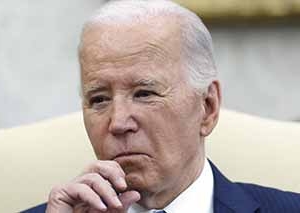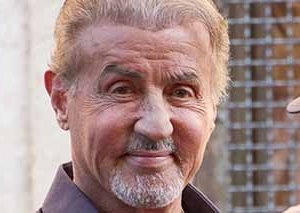
Britain has voted to leave the European Union, a voting bloc of 28 European countries called “member states” that make political, economic and defense decisions.
Until Friday, no member state had ever voted to leave the EU.
The vote to leave the EU — dubbed “Brexit” — stunned the world, sending the British pound and global financial markets into a tailspin.
As the pound fell, gold increased 5% and oil prices nosedived amid growing concerns that other member states, including France and Italy, will call for their own referendums to leave the EU next.
British Prime Minister David Cameron announced his resignation after his campaign for the UK to remain in the EU failed spectacularly.
Cameron’s voice cracked as he announced his impending departure. The country needs better leadership, he said.
His last day on the job is in October.
Britain voted to leave the EU after the influx of thousands of Syrian refugees threatened their local economies.
The UK vote to leave the EU spells trouble for the economy as the steady infusion of cash and labor from other European countries dry up.
In the hours following the EU referendum, the British economy lost $350 billion.
U.S. President Barack Obama had pressured the UK to remain in the EU.
But America’s next president, Donald Trump, praised the UK for leaving.
“Basically, they took back their country. I think it’s a great thing,” he said.





